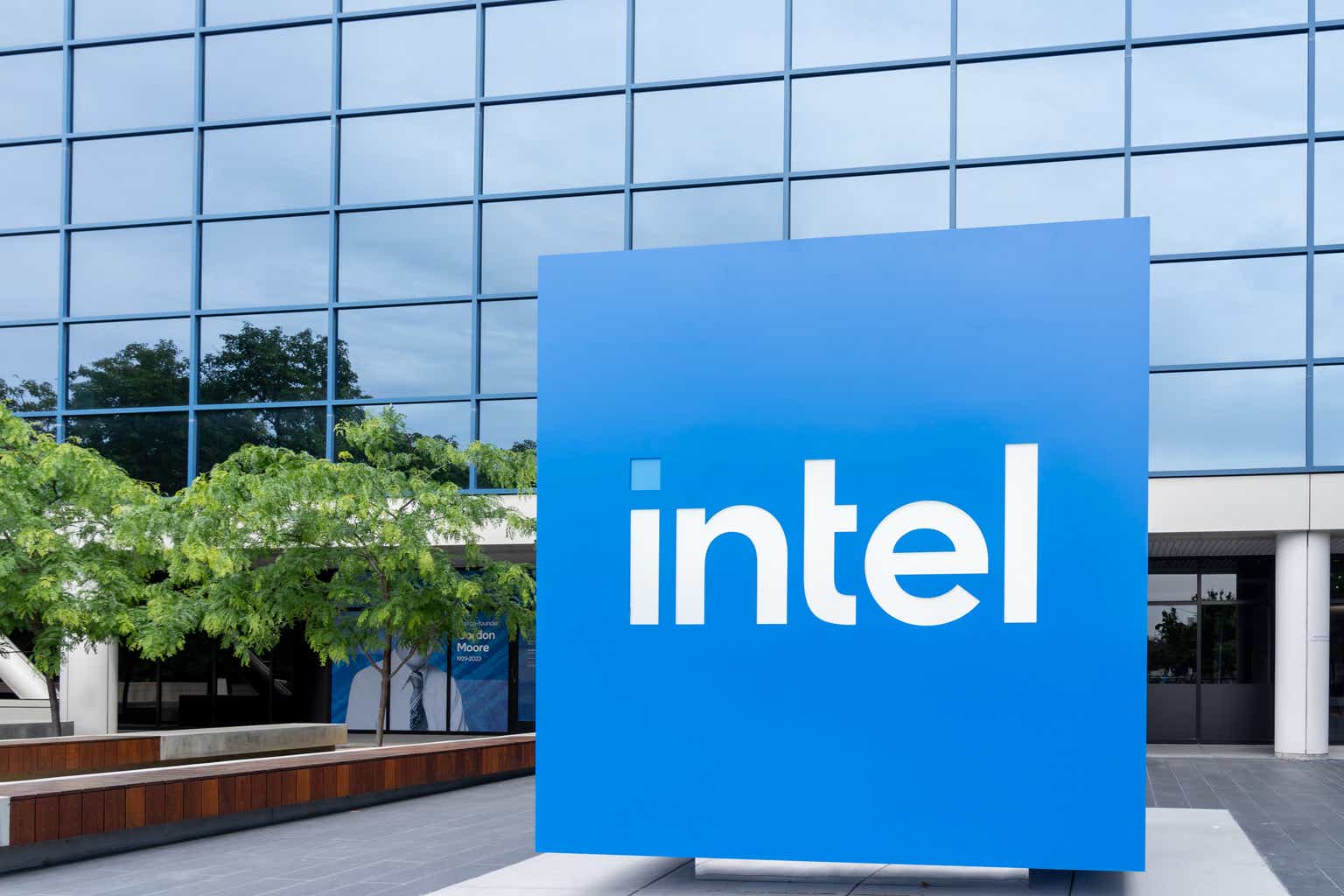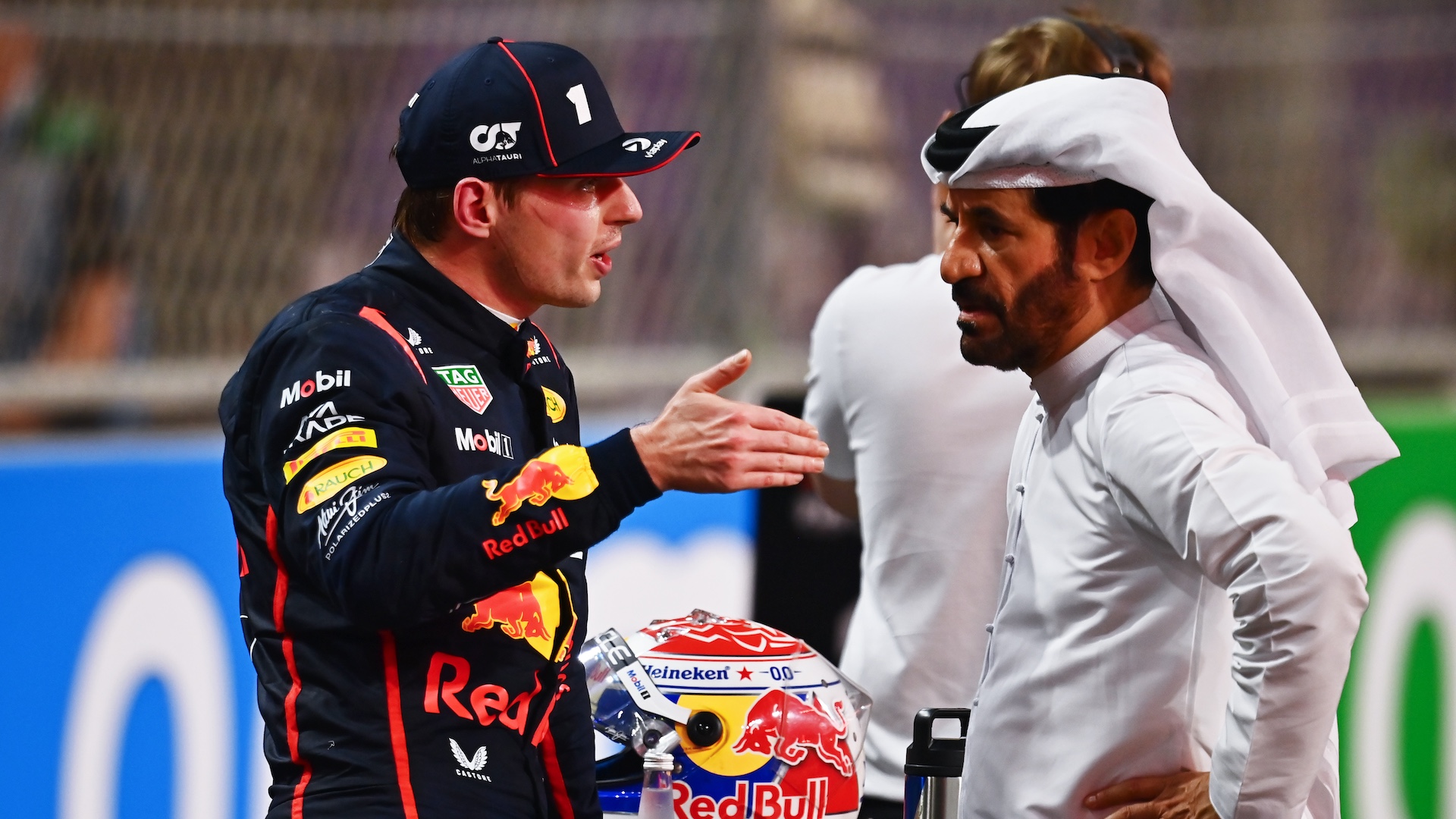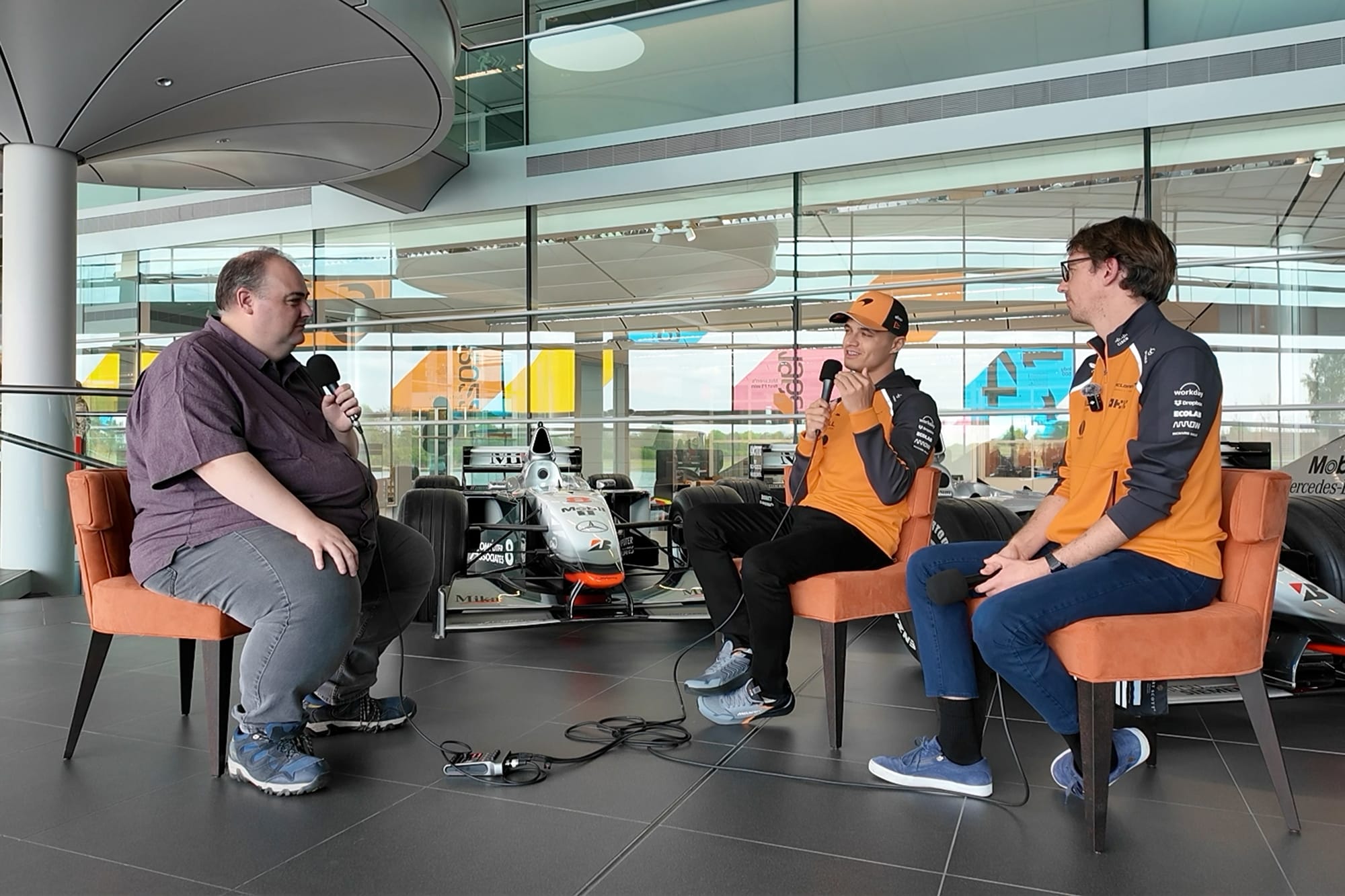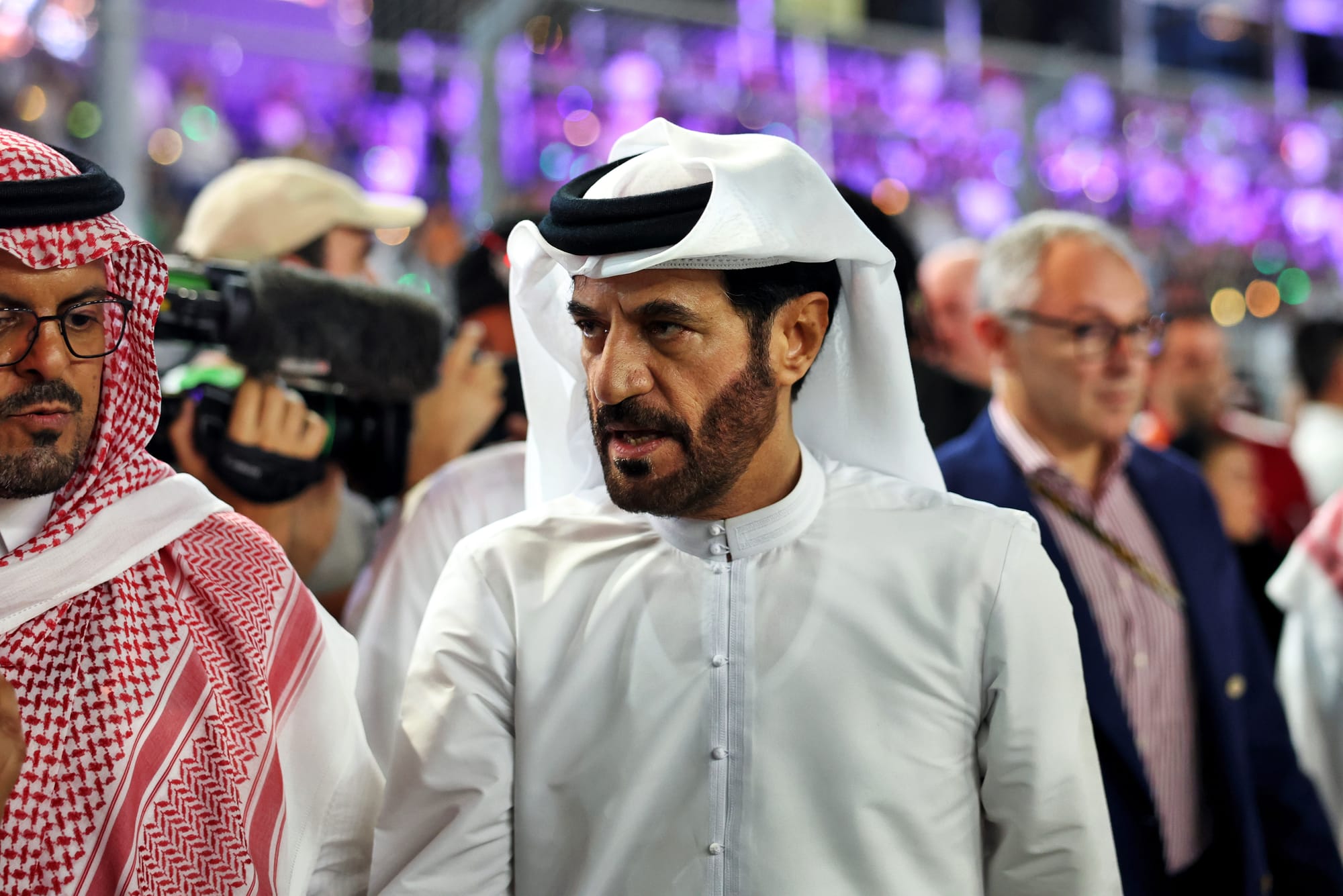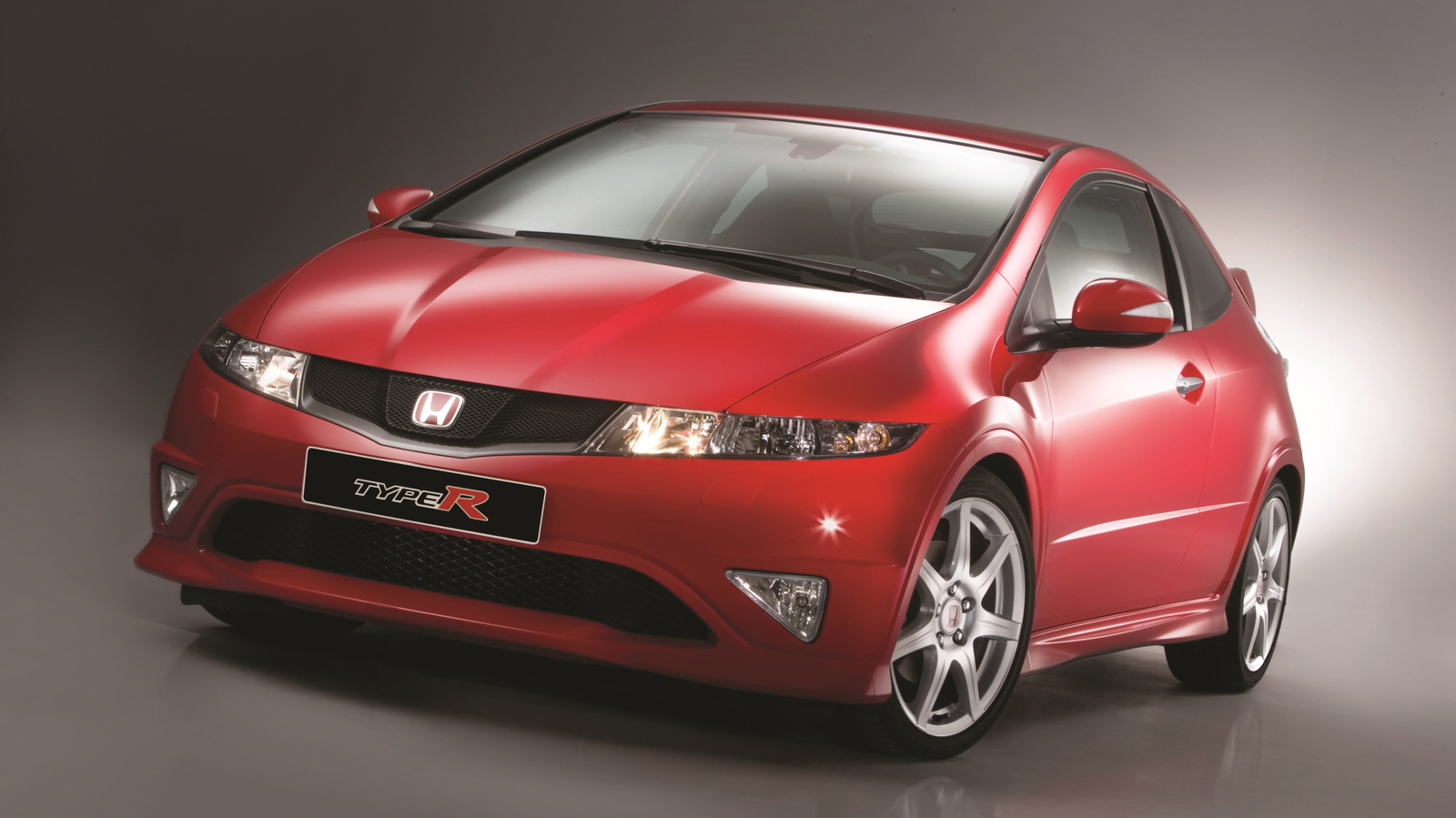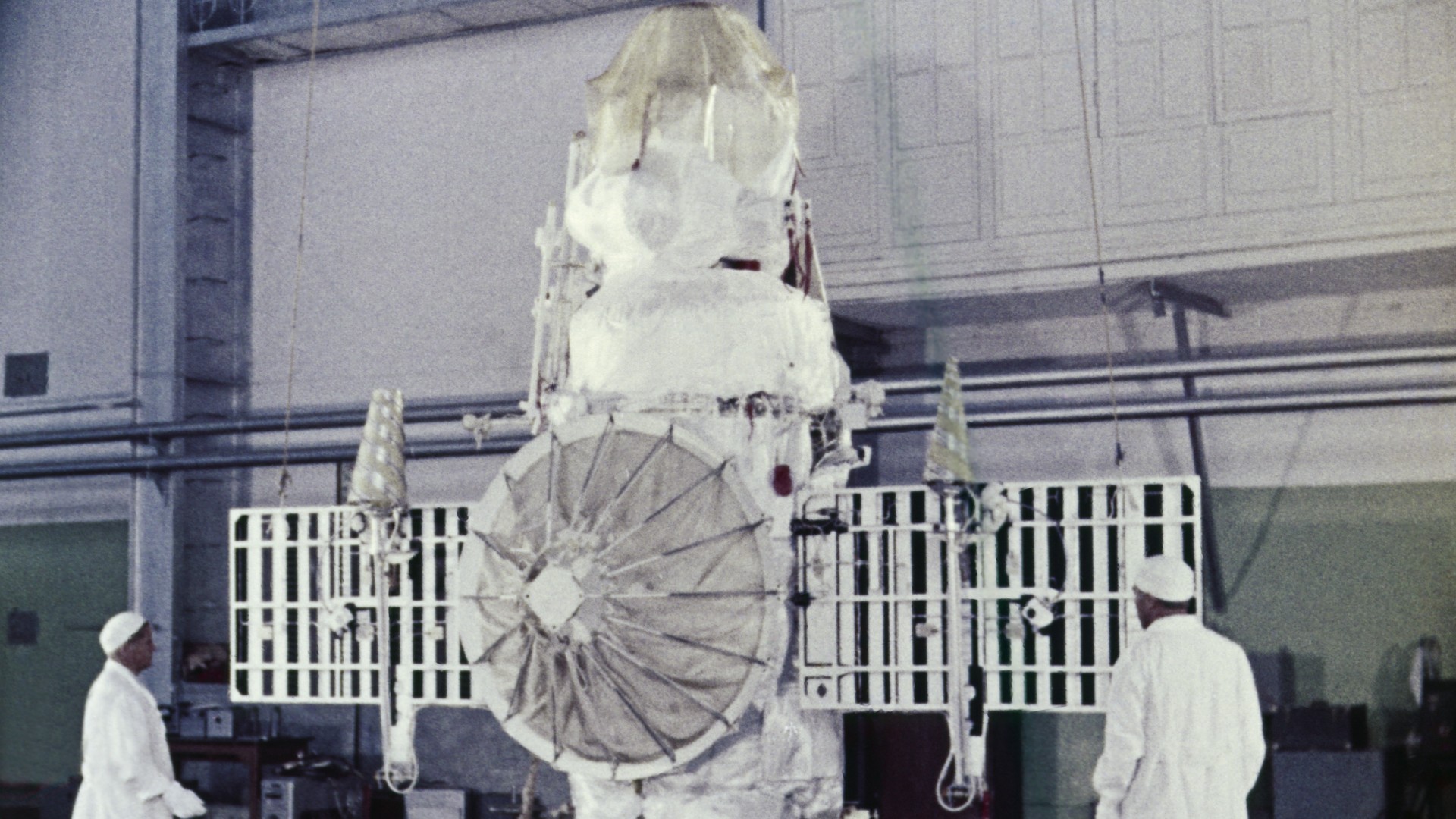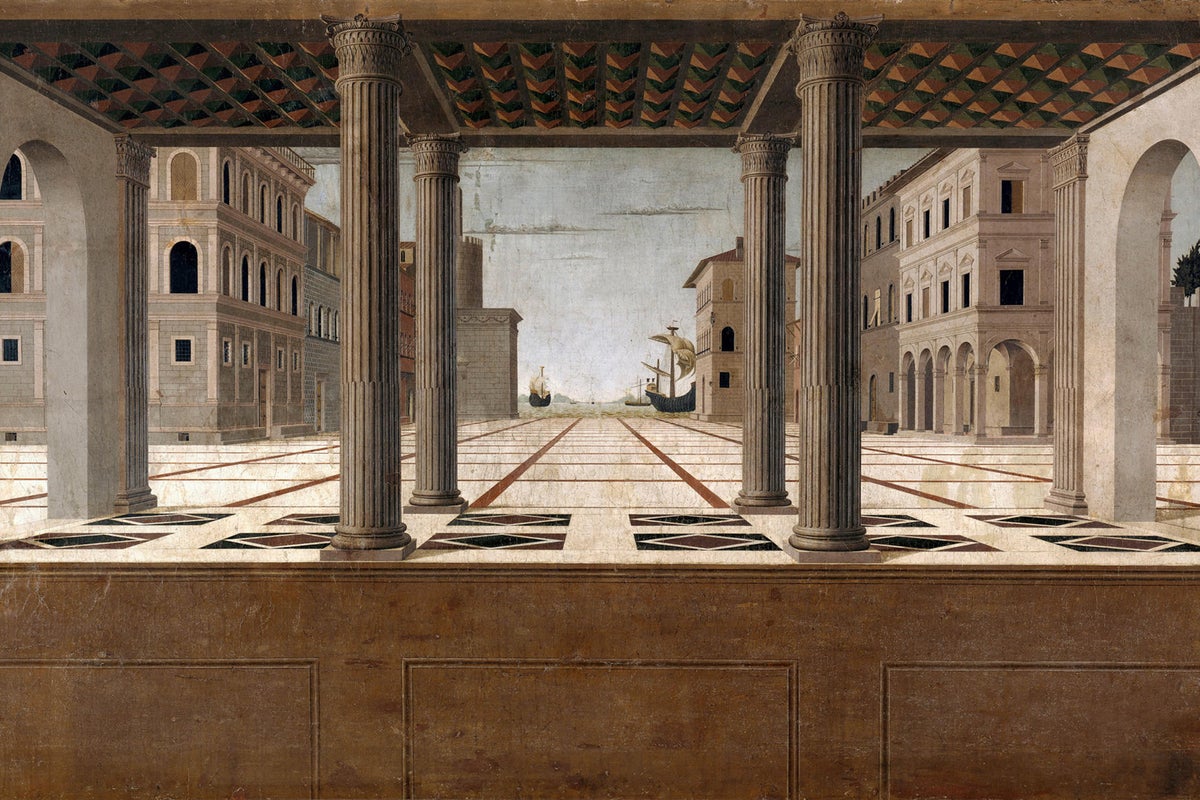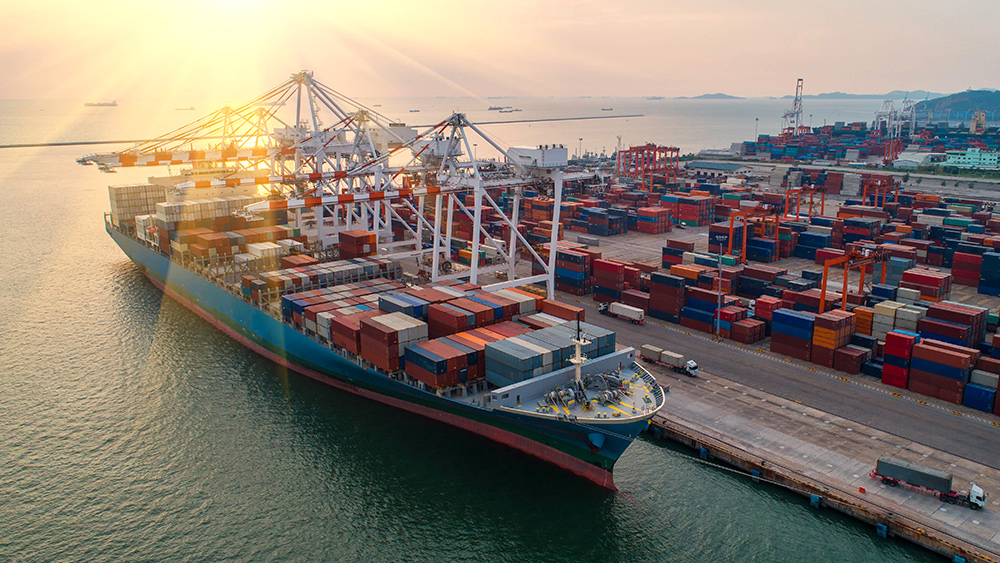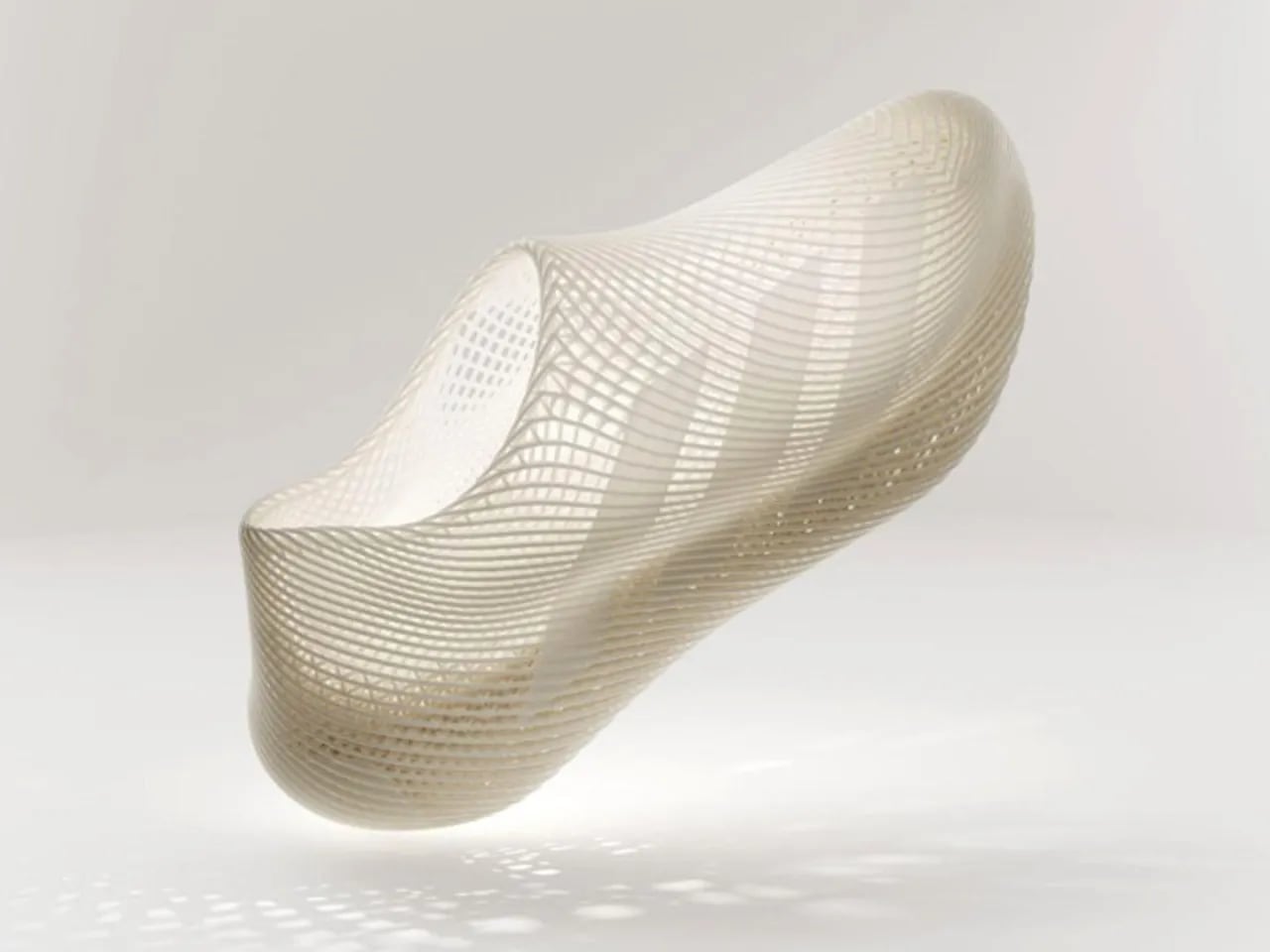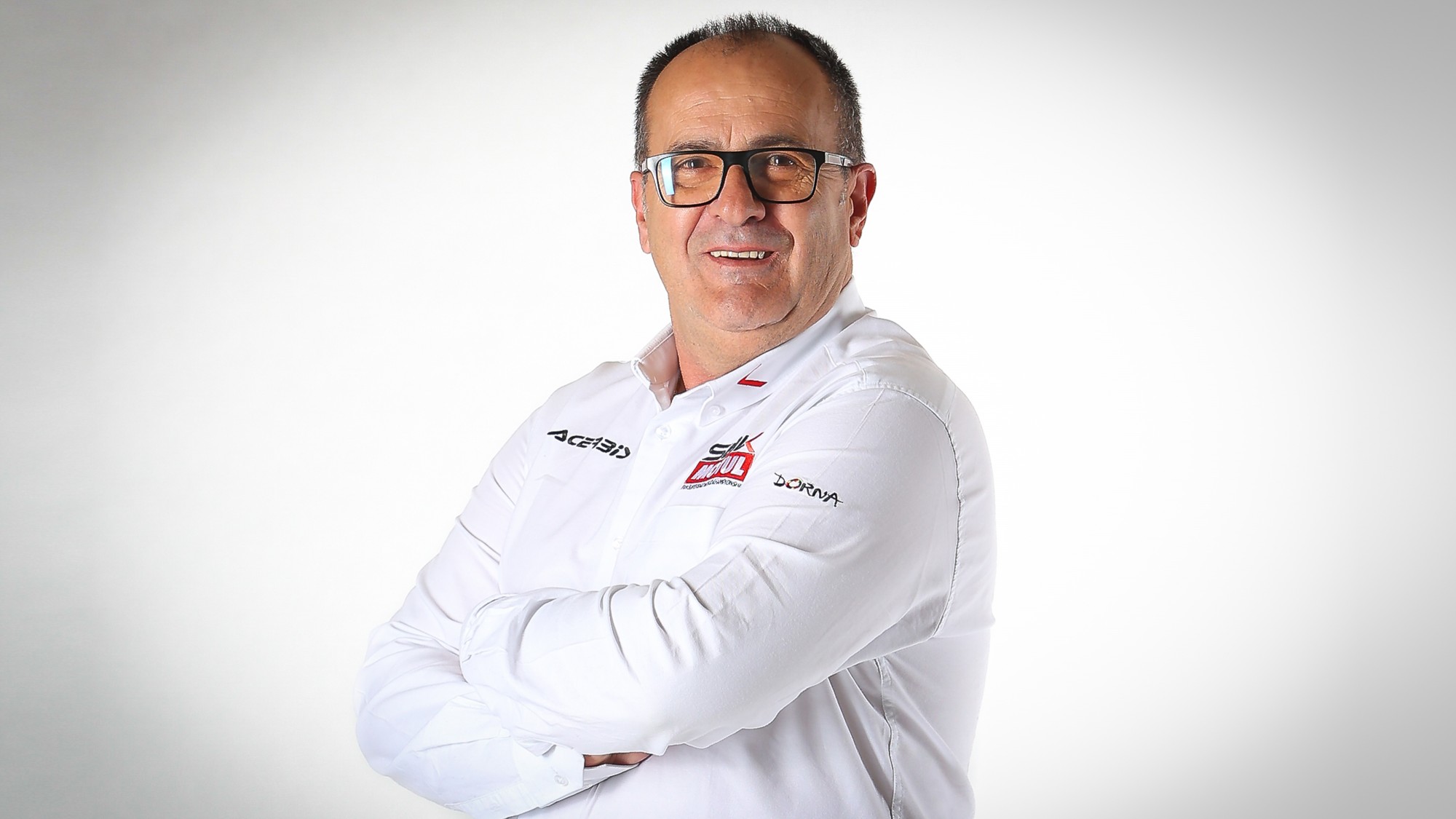OEMs Support Further Hypercar Regulations Extension
BMW, Peugeot, Cadillac, Alpine, Aston all in favor of proposed Hypercar regs extension...
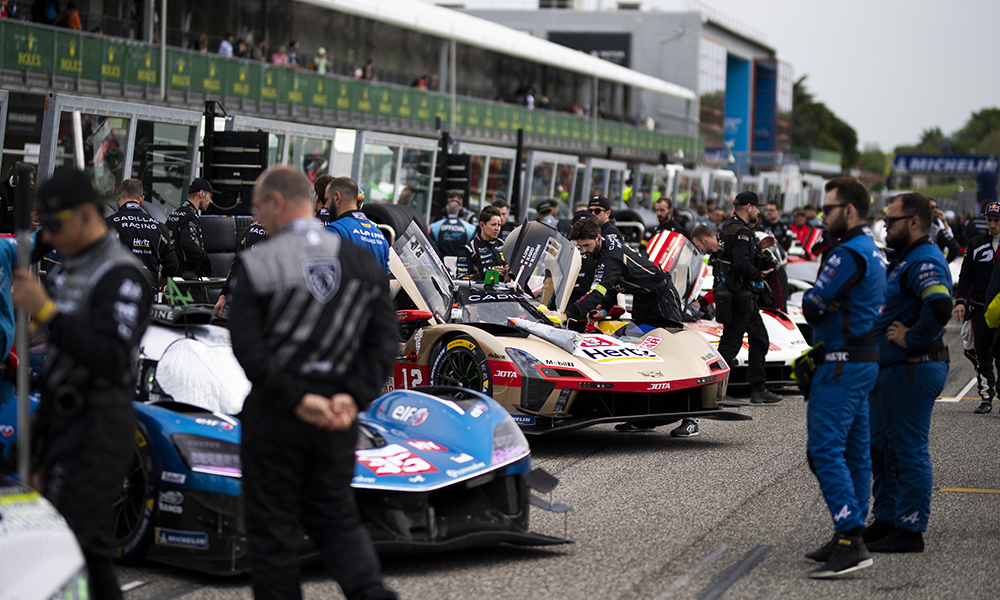

Photo: Fabrizio Boldoni/DPPI
The majority of Hypercar manufacturers are in support of extending the current regulations for an additional three years, through the 2032 FIA World Endurance Championship season.
The ruleset, which includes cars built to LMH and LMDh regulations, is so far officially set through the 2029 season, after being extended at Le Mans last year, although it’s understood that the FIA and ACO are moving ahead with plans to push the platforms’ eligibility into the next decade.
An announcement is expected to come at this year’s 24 Hours of Le Mans.
The move is understood to provide a longer runway for incoming manufacturers Genesis, Ford and McLaren, which have announced programs for 2026 and 2027, respectively, as well as the possibility of additional OEMs that are rumored to be evaluating programs.
“We see more and more manufacturers joining the championship and we see how the WEC and IMSA championships are growing and getting there,” BMW M Motorsport director Andreas Roos told Sportscar365.
“We can clearly say what we are doing works and this is the first thing.
“Why change something which works at the moment very well?
“I appreciate a lot that we extended it from 2027 already to 2029 because it make sense.
“We also have to be clear in the current situation we’re in, in the automotive industry and everything, especially the economics, doing big revolutionary things is maybe also a bit difficult.
“Therefore we see the current set of regulations works very well because a lot of manufacturers are there.”
Peugeot Sport technical director Olivier Jansonnie added: “There are talks of it being extended. Our point of view is that it would make sense to do it, even if there’s no official talk at the minute.
“At the end of the day, it must be discussed and integrated into the technical regulations at some point.
“We believe it would make sense simply because we don’t see the new generation of cars coming in 2030, especially if we’re talking hydrogen, which seems very far away.
“Even for us to come, in the end it would come progressively; there will be a transition to be managed.
“Plus with the other manufacturers entering the WEC also with these [current] regulations in 2027, and for them to compete only three years of racing and to try and create some value for their makings is a bit short.
“It would make all of the sense to extend.”
While Jansonnie said the conditions of the extension have not yet been discussed with current OEMs, it’s believed that additional Evo jokers, and the potential allowance of a second car homologation, are being considered through the proposed new period.
“We’re happy to see the current car get a little bit more extended out but there’s definitely a lot of conversations amongst all the OEs, like ‘What’s the future look like?'” GM Motorsports competition engineering director Mark Stielow told Sportscar365.
“We have a lot of ongoing conversations with the WEC side and the IMSA side to try and understand what this looks like.”
Aston Martin, the newest addition to the Hypercar grid with its Heart of Racing Team-backed Valkyrie, has also voiced support.
“From my point of view it seems to be a set of regulations that are working,” said team principal Ian James. “I don’t think there needs to be a revolution, maybe a little bit of an evolution, I think.
“I think the base regulation and the ruleset between Hypercar, LMH, LMDh and GTP is working really well. Why change it?
“Anything we can do to keep as many manufacturers as possible is a good thing.”
Alpine team principal Philippe Sinault added: “At the moment this platform is very successful. It’s stabilized and [cost] reduction is a good thing for us. We are happy with that.”
An extension of the current regs would shelve talks of an updated set of regulations, potentially tied to a single platform of cars, which Porsche Motorsport boss Thomas Laudenbach had been pushing for.
This, however, could still theoretically be in the works for 2033, depending on the timeline of the ACO’s proposed hydrogen class, which is expected to get pushed back to 2030 at the earliest.









